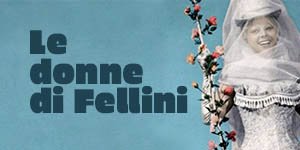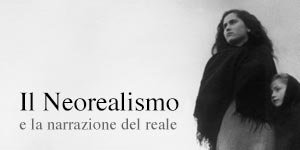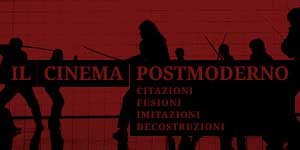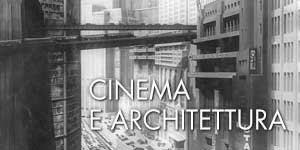Břetislav Pojar (07-10-1923, Susice, Czechoslovakia [now Czech Republic])
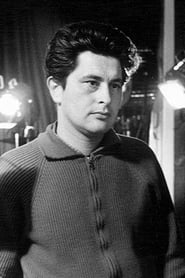
Břetislav Pojar (7 October 1923 – 12 October 2012) was a Czech puppeteer, animator, and director of short and feature films. Born in Sušice, Czechoslovakia, Pojar started his career in the late 1940s with his work on The Story of the Bass Cello (1949) based on the story by Anton Chekhov and directed by master Czech puppet animator Jiří Trnka. Pojar served as a puppeteer under his mentor Trnka. Pojar compiled an extensive body of work as a director and animator in Czechoslovakia, where he made films in both puppet animation to the more common stop motion animation. In the mid-1960s, Pojar emigrated to Canada, where he began a long collaboration with the National Film Board. His Canadian work is some of his best known and has won awards at prestigious international film festivals. His film To See or Not to See (Psychocratie) won the Canadian Film Award for Film of the Year in 1970. Pojar's work is characterized by strong social commentary, such as in Balablok, where armies of small circle- and square-shaped beings war with each other until they are all wounded into indistinguishable shapes. Often, Pojar's shorts contain little or no spoken dialogue. In the mid-2000s, Pojar moved back to the Czech film business in order to co-direct the collaborative animated feature film Fimfárum 2 (based on the stories of Jan Werich), which was released in 2006. Pojar died in Prague at the age of 89 in 2012. Description above from the Wikipedia article Břetislav Pojar, licensed under CC-BY-SA, full list of contributors on Wikipedia.
- 6.7/10 3 voti
- 7.0/10 1 voti
- 6.0/10 1 voti
 Drammatici
Drammatici  Commedie Top
Commedie Top  Tutti gli Oscar
Tutti gli Oscar  Film italiani
Film italiani  Serie TV Drama
Serie TV Drama  Serie TV Comedy
Serie TV Comedy  Le origini del cinema
Le origini del cinema  Spaghetti Western
Spaghetti Western  Cinema & Resistenza
Cinema & Resistenza  NOMINATION OSCAR 2024
NOMINATION OSCAR 2024  Film stasera in TV
Film stasera in TV Film oggi in TV
Film oggi in TV Film oggi in TV
Film oggi in TV Film oggi in TV
Film oggi in TV


